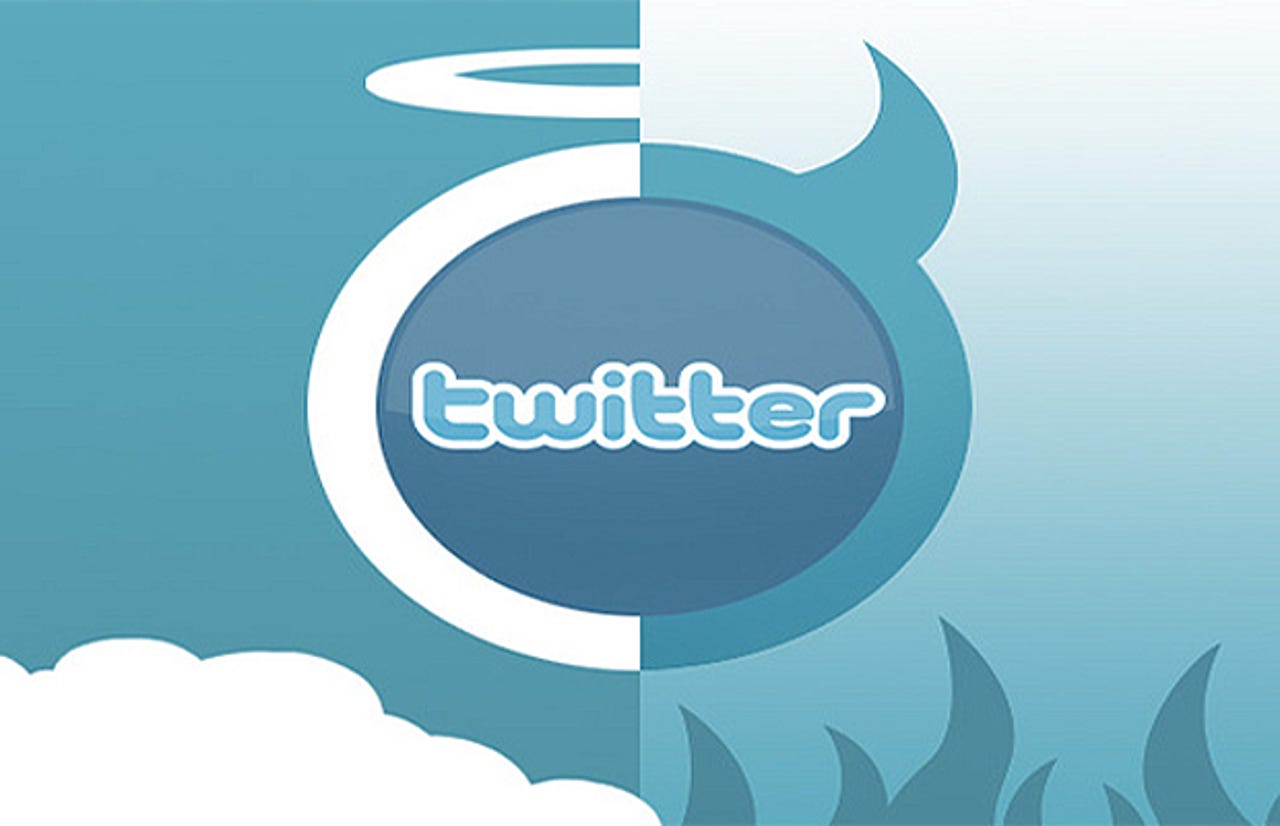University battles Twitter parodies, strangles free speech?

Western Kentucky University has been criticized for censoring behaviour after fighting fiercely against negative comments and parodies of the institution on social networking sites, including Facebook and Twitter.
In recent months, the academic institution has begun monitoring and fighting against satirical commentary and student criticism of the university's officials and WKU itself which appears online.
Fighting the social media activity, Western Kentucky University has taken steps that have raised outcry by students and advocates, who claim it is a violation of free speech rights and that the moves were made in order to censor students.

Gary Ransdell, the WKU president wrote this message on the university's Facebook wall:
Normally I post Facebook updates when interesting and cool things are happening with me or with WKU. This message, however, is aimed at everyone who uses Facebook or other social media, especially students and others who are building resumes. We, at WKU, have become particularly conscious lately of some who are misusing social media and using some poor judgment. So my message here is "Be smart."
Use social media thoughtfully; always remember what you send is permanent and can be viewed years from now. Employers do their homework. They can and will track ways in which prospective employees have used social media. We, at WKU, track such things as well. Be smart and remember the Golden Rule. It applies as much to the use of social media as it does to how we conduct our daily lives. Think twice before you hit the "post" button or "send" key. Be smart, Hilltoppers!
It is reported that this may have been in response to a fake 'Gary Ransdell' Twitter account (@PimpRansdell) that at the university's insistence was closed down briefly by Twitter for several weeks this year before becoming reinstated.
Is this friendly, sensible advice, or a veiled warning against students thinking of satirizing him or the institution he represents?
"Cyber-harassment and cyberbullying, cyber-impersonations -- including these accounts that people are setting up: fake accounts -- those things are illegal in the state of Kentucky," Corie Martin, Creative Web Services Manager at WKU said.
As reported by the Herald, the university's administration is already on the issue, and is currently working to expand student handbook policies to include conduct guidelines concerning "external communications"; in other words, 'inappropriate' behaviour online.
However, some First Amendment lawyers believe WKU does not have any legal right to impose regulations on external communications and student conduct.
Adam Goldstein, attorney advocate with the Student Press Law Center, believes the policy concerning this 'inappropriate' communication is unconstitutional in its current form, and it will not be possible to enforce such rules.
According to Goldstein, the word 'inappropriate', which is within the student handbook, makes the policy unconstitutional. As it is open to interpretation, and WKU is a public university and receives government funding, it has no rights to decide what it considered appropriate or inappropriate speech.
"As long as the word 'inappropriate' is there, that just means we're going to punish whatever we don't like, and as the government you positively cannot do that ever." he said.
Image credit: Rosaura Ochoa
Related: